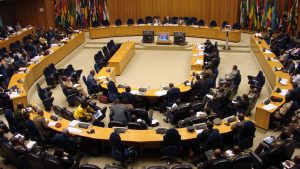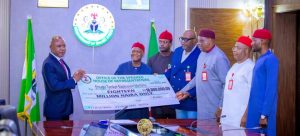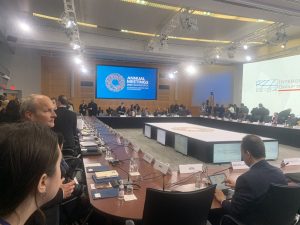Thirteen conferences align on testing program for college hoops officials
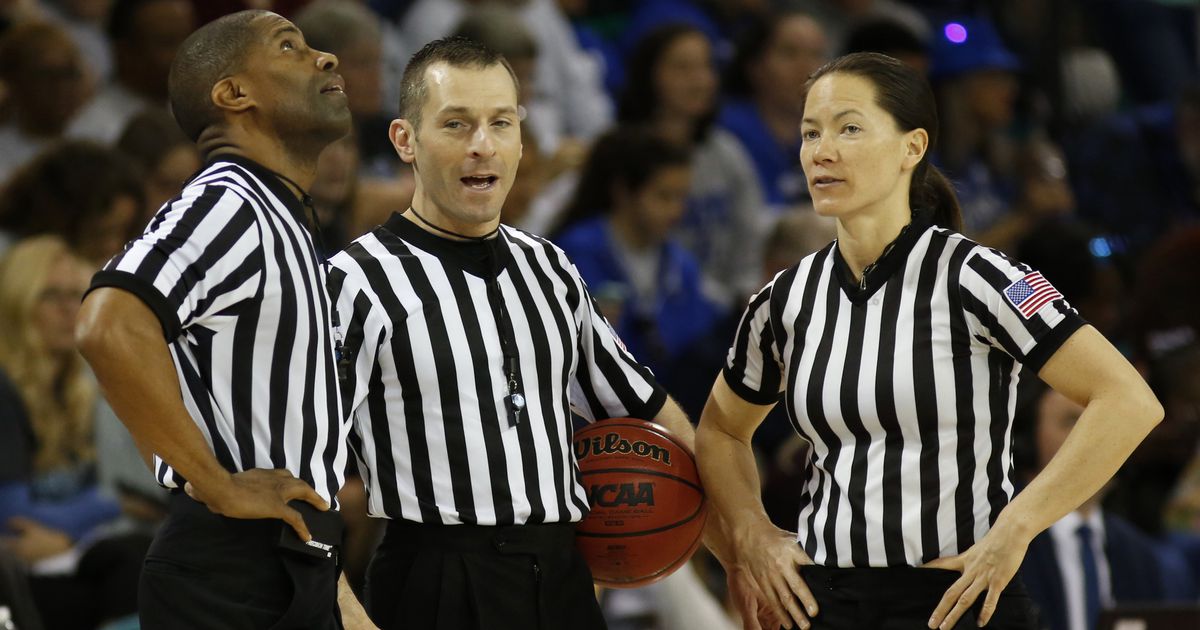
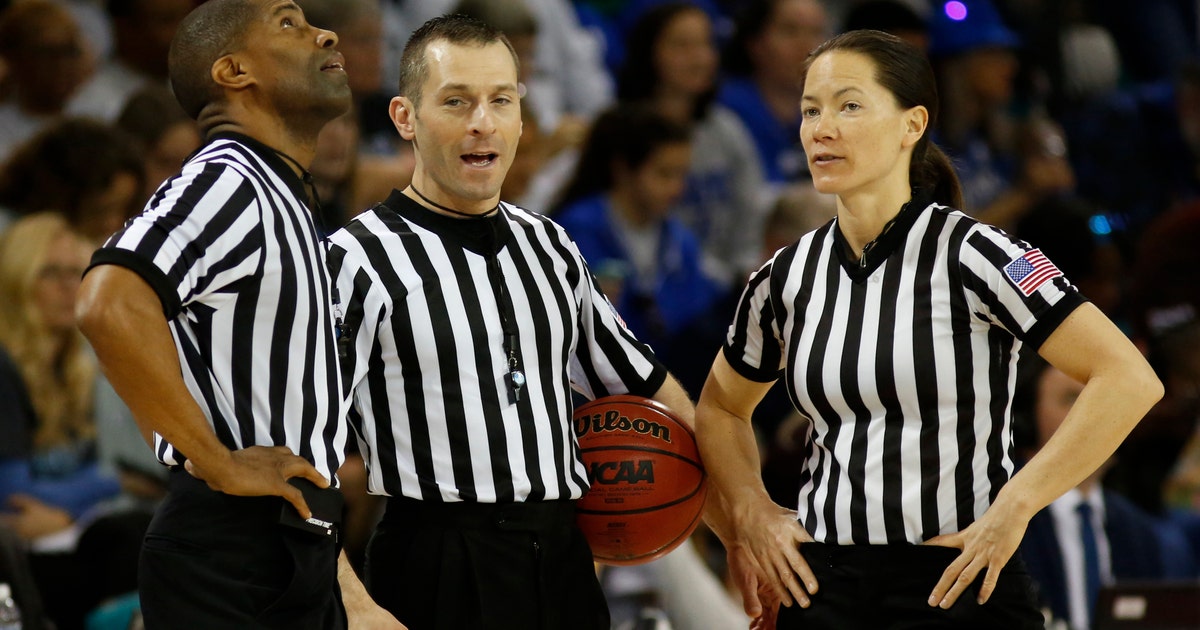
Debbie Williamson is used to the challenges of putting together the officiating puzzle.
Whether it’s assigning officials to specific games or figuring out how a referee can make it from one city to the next to call games on consecutive days, Williamson has seen a lot — both at the conference level and as the former NCAA’s women’s basketball national coordinator of officiating.
But nothing has prepared her for the test that the coronavirus has presented. And that’s before a game is played.
“In the past it was just a puzzle. Now it’s almost like doing a puzzle on the deck of a boat that’s in the middle of a storm,” said Williamson, who is currently the officiating coordinator for nearly a dozen different conferences. “You hold the puzzle on the table and fix the puzzle.”
The biggest piece of the puzzle is placing her roughly 250 officials into position to referee all the games across the conferences she administers. Williamson said about 15 of them have opted out this season due to COVID-19 concerns.
Joe Vaszily, who has worked the last seven Final Fours, is looking forward to starting his 21st season of officiating this week despite the higher level of anxiety because of the virus.
“There will be a lot of adjustments, certainly there will be some challenges with travel,” he said. “Normally we may share rental cars with our partners if we are coming or going to the same airport. Now we’ll be arriving and leaving separately.”
Conferences on the East Coast are trying to make life easier for referees by using the same virus testing procedures.
Thirteen leagues have teamed up, with the Big East in charge of the women’s consortium and the ACC leading the men. The men’s alliance has about 185 officials, with none deciding to opt out of the top leagues, according to the ACC.
“We have worked very hard to line up and develop a master testing arrangement on the men’s and women’s side,” Big East Commissioner Val Ackerman said.
Game officials are considered Tier I personnel, so they need to be tested three times per week, per the NCAA. The leagues decided to use standard PCR tests instead of the quicker but less reliable antigen tests.
Tests are delivered to officials’ homes to be self-administered. The referees must then drop off the nasal swabs at FedEx for overnight shipping back to the lab. The tests are considered biological substances so refs need to find a FedEx that specifically will accept them. Some have had to drive an hour for that.
The cost of the testing will be picked up by some of the conferences while others are paying officials less per game to help cover it.
Referees must fill out a daily wellness questionnaire that’s uploaded along with their test results to a dashboard on the NCAA website so the conferences can see that the officials are cleared to work. It also allows other conferences to potentially find last-minute replacements for games if previously assigned officials can’t make it.
The dashboard will show only if a referee is available. It won’t show if someone has tested positive for COVID-19. A referee could be unavailable after having close contact with someone who tested positive and going into the 14-day quarantine mandated by the NCAA.
Ackerman expects managing referees to be one of the most challenging components of the season because they travel so much.
“They have capacity to again infect and get infected because of the way they have to conduct their work with travel and hotel stays and the like,” she said. “To that end, another mandate has been, to the extent possible, regionalize their assignments to avoid some of the ricocheting going on with refs going every morning or evening to get to next game.”
Ackerman said the biggest thing is to make sure everyone feels safe.
“There have been and will be refs that have dropped out this year because they don’t want to subject themselves to the risks,” she said. “It was a given and totally understandable. They will 100% be welcomed back when things get back to normal.”
Once at games, officials will have different options for whistles to avoid potential spread of the airborne virus. Some are opting to wear full face masks that have room for a whistle. Others may use whistles with a pouch to collect spit — similar to what NBA and WNBA officials used this summer in Florida.
“The advantage of the mask is that it’s a full mask that protects both players and officials,” Vaszily said. “We’re given the option to use either one as long as its compatible with precision timing.”
He expects it to be a lot more difficult to travel to back-to-back games.
“Flight schedules are 20 to 30% of what they were a year ago,” Vaszily said. “Normally we could work a 7 o’clock game and then have a 2 o’clock game the next day in another city. It’s going to be hard since there are less flights unless you’re in a hub city.
“We want to see games played and played safely and do our best night in and out. You can’t get frustrated because things are going to happen. This season will be all about flexibility and adaptability.”





